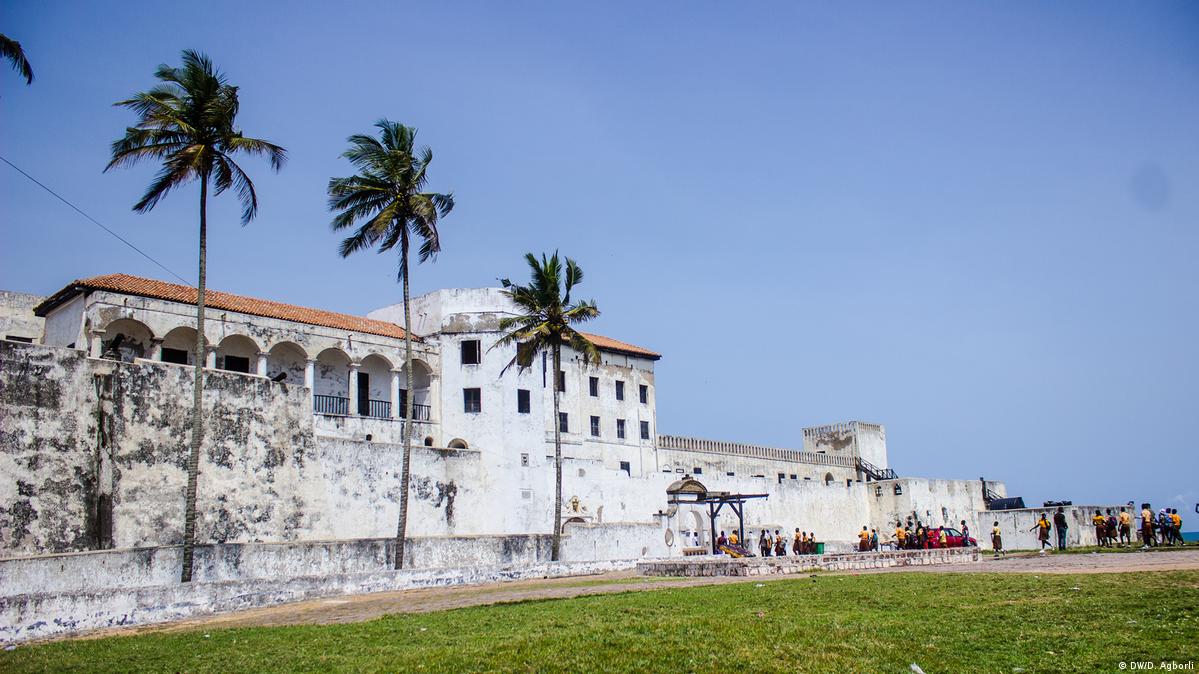Ghana’s history is intertwined with the transatlantic slave trade, and the country is home to several historic sites that bear witness to this painful legacy.
One such site is the Cape Coast Castle, a UNESCO World Heritage site that was once a hub of the transatlantic slave trade. Visitors can learn about the history of the slave trade and its impact on Ghana and the world through guided tours and exhibits.
Another historic site related to the slave trade is the Elmina Castle, another UNESCO World Heritage site that was once a Portuguese trading post and later a hub of the transatlantic slave trade. Visitors can explore this historic site through guided tours and learn about the history and impact of the slave trade on Ghana and the world.
While these sites can be emotionally challenging, Ghana is also home to several cultural healing experiences that offer a chance for visitors to reflect and connect with Ghana’s culture and history. One such experience is the Ancestral Healing Village, a community-led initiative that offers healing and spiritual experiences for those affected by the legacy of slavery.
Overall, exploring Ghana’s legacy of the slave trade offers a chance for visitors to learn about this painful history and reflect on its impact on Ghana and the world, as well as connect with the country’s culture and healing traditions.



0 Comment